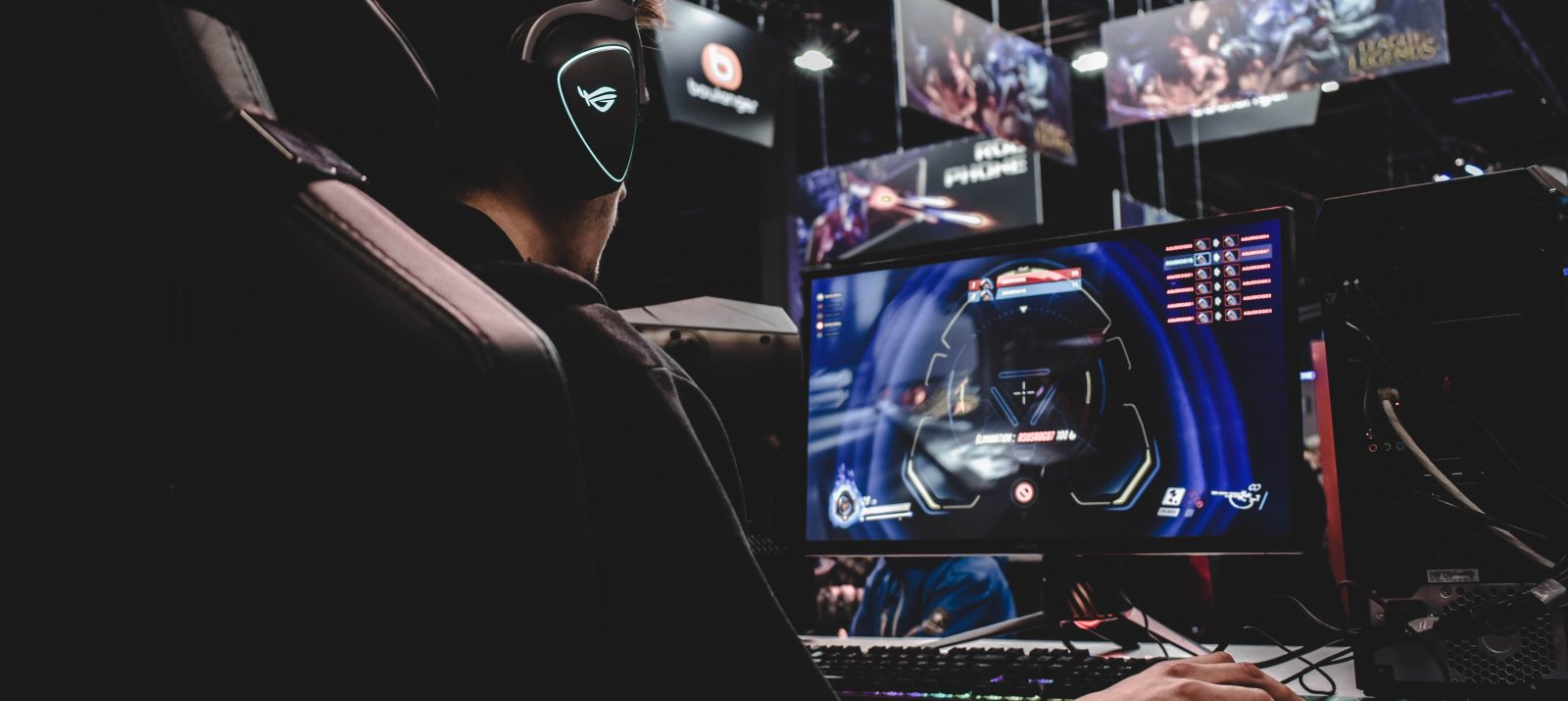
Loud and angry resounds from the children’s room. At the same time, the child is all alone in front of the game console. Maybe it gets upset because something in the game doesn’t work. Or does it argue with fellow players? Then it is possibly so-called trashtalk.
Gaming uses its own language that non-gamers often don’t understand. Exaggeration and drama are of course part of it. Trashtalk is one aspect of this own language.
To be distinguished from trashtalk (in German “Müll reden”) are the terms beef and flaming, which are also about arguing, insults, puns and exaggerations: The saying “Willst du Beef?” means something like “Do you want stress?”, while the term flaming refers to a comment on the Internet that is provocatively directed at other players. Trashtalk refers to certain conversations in online games: bragging after a victory and putting down the opponent. Often this behavior is meant to be joking and to encourage conversation and friendly competition among the players.
Well-known “trashtalkers” think about what they want to say before the game and how they will emerge victorious in the verbal battles. Some gamers are admired for their trashtalk skills. Outside of computer games, trashtalk has been around for a while. In some sports, such insults are common and are part of the game – for example, wrestling. A special Trashtalk has also been based on this at Valorant , Fortnite or League of Legends developed.
Trashtalk in gaming takes place in the digital spaces where people communicate, play and stream – at Discord , TeamSpeak, Twitch , YouTube etc.
Many games are played together with others or against each other. In online games in particular, communication takes place via chat or the microphone. Some use this to insult and incite other game enders in the spirit of trashtalk. Trashtalk as fun can be entertaining and increase ambition between teams. For some young people, however, trashtalk is not fun, but offensive. Since the players do not sit directly opposite each other online, it is difficult to recognize when others feel hurt.
So-called “trolls” use trashtalk to specifically provoke certain game endings. A clear line is crossed in trashtalk when sexist, racist or discriminatory remarks are made. Players hide behind a username and avatar and hate and incite against others.
Kids and teens see with streamers and older gamers that it’s okay to take offense during the game. This can lead them to adopt this behavior in their play. It can go so far that trashtalk takes place outside of online games among friends or at school.
Certain terms and a harsh tone when gaming don’t have to be immediately unpleasant for your child. Therefore, ask questions and try to understand how communication works among gamers. If you notice that your child is being insulted in this way during play or is engaging in problematic trashtalk himself, talk to him about it. Make it clear that there are also limits to trashtalk and that there should be unwritten rules for dealing with each other both online and offline.
Show your child how to block, report, or mute game players (e.g., trolls) in chat. It is best to communicate only with friendly gamers during the game. You should agree in advance whether trashtalk is allowed and if so, up to what limit.